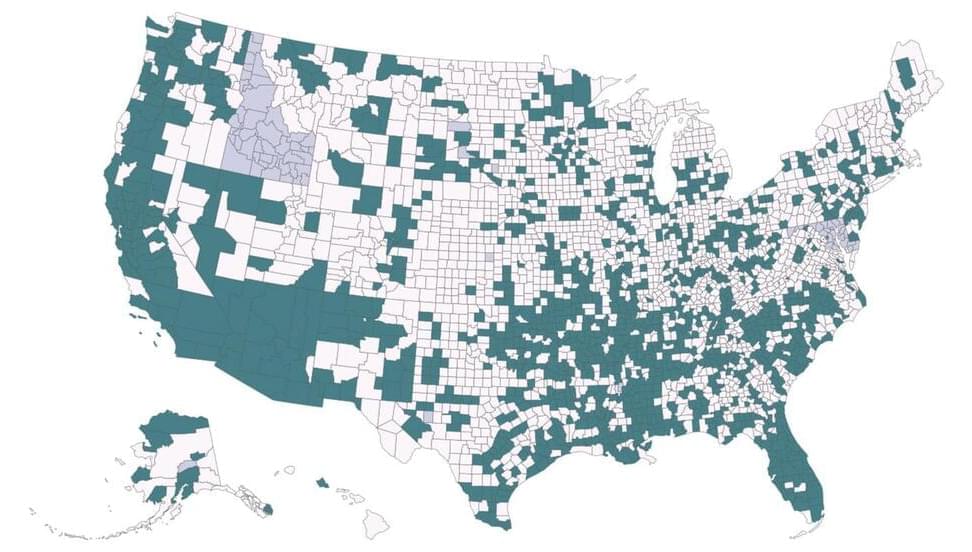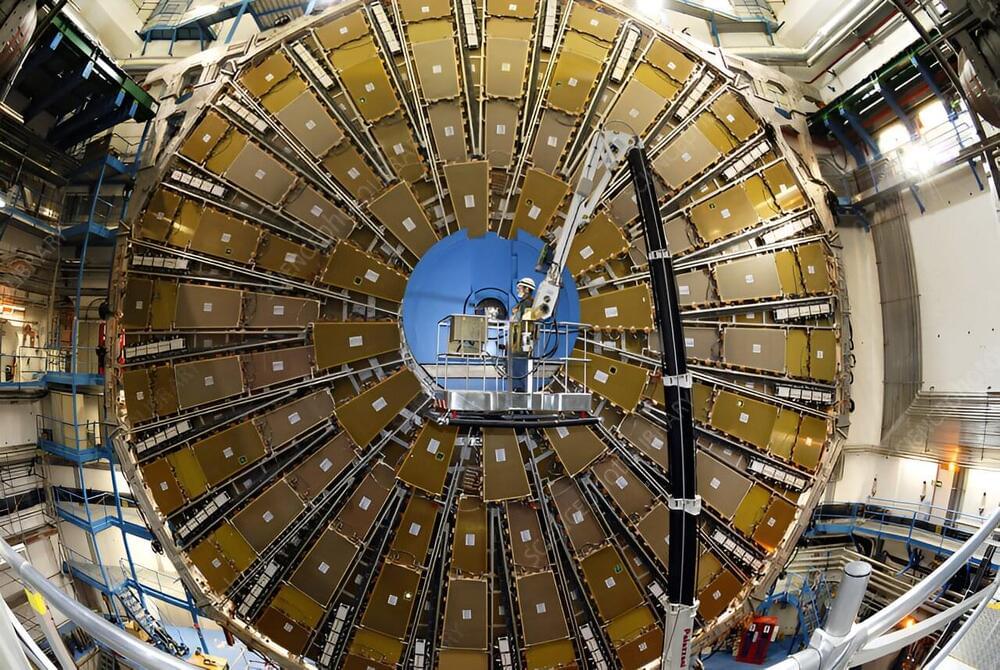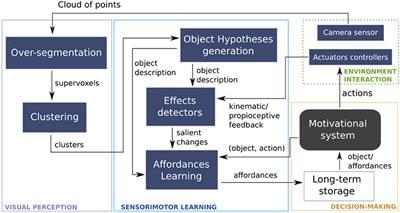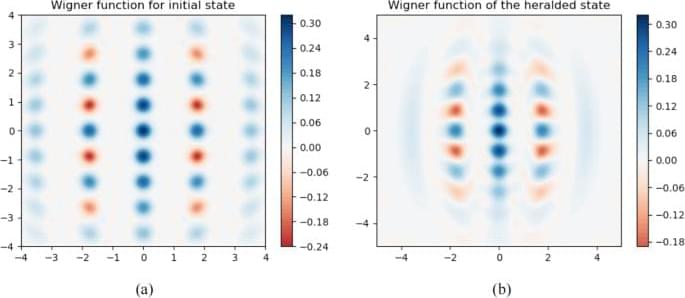The last reported case of human plague in Florida occurred in 1920 during an outbreak in Pensacola.



Cases of leprosy have increased in Florida and the southeastern United States over the last decade, according to a new report.
Leprosy, officially called Hansen’s disease, is a rare type of bacterial infection that attacks the nerves and can cause swelling under the skin. The new research paper, published in the Centers for Disease Control and Prevention’s Emerging Infectious Diseases journal, found that reported cases doubled in the Southeast over the last 10 years.
Central Florida in particular has seen a disproportionate share of cases, which indicates it might be an endemic location for the disease, meaning leprosy has a consistent presence in the region’s population rather than popping up in the form of one-off outbreaks.

Rates increased among all age groups, including newborns, and in all regions of the country. In 2022, 3,755 cases of babies born with syphilis in the U.S. were reported, which reflects an alarming 937% increase in the past decade, the CDC said.
The report continued that racial and ethnic minorities are most disproportionately affected due to “long standing social inequities that often lead to health inequalities.”

Most humanoid robots pick things up with their hands – but that’s not how we humans do it, particularly when we’re carrying something bulky. We use our chests, hips and arms as well – and that’s the idea behind Toyota’s new soft robot.
Punyo, as it’s called, is a torso-up humanoid research platform. First and foremost, it’s adorably Japanese, with a cute and approachable looking face and a cuddly, husky look reminiscent of the Baymax robot from Disney’s Big Hero 6. Adding to the cuddle factor, he appears to be wearing a big, cosy-looking sweater.
And indeed, this “sweater” is highly hug-focused. It’s made using grippy materials that provide a squishy, compliant layer over Punyo’s hard metal skeleton, and the fabric is loaded with tactile sensors that allow it to feel exactly what it’s hugging, be it a person or an item that it’s carrying.

High-energy neutrinos are extremely rare particles that have so far proved very difficult to detect. Fluxes of these rare particles were first detected by the IceCube Collaboration back in 2013.
Recent papers featured in Physical Review D and The Astrophysical Journal Letters found that nearby supernovae, especially Galactic ones, would be promising sources of high-energy neutrinos. This has inspired new studies exploring the possibility of detecting neutrinos originating from these sources using large particle collider detectors, such as the ATLAS detector at CERN.
Researchers at Harvard University, University of Nevada and Pennsylvania State University recently demonstrated that the ATLAS detector can measure the flux of high-energy supernova neutrinos. Their new paper, published in Physical Review Letters, could inspire future efforts aimed at detecting fluxes of high-energy neutrinos.
Water and electronics don’t usually mix, but as it turns out, batteries could benefit from some H2O.
By replacing the hazardous chemical electrolytes used in commercial batteries with water, scientists have developed a recyclable ‘water battery’ – and solved key issues with the emerging technology, which could be a safer and greener alternative.
‘Water batteries’ are formally known as aqueous metal-ion batteries. These devices use metals such as magnesium or zinc, which are cheaper to assemble and less toxic than the materials currently used in other kinds of batteries.

Despite major progress in Robotics and AI, robots are still basically “zombies” repeatedly achieving actions and tasks without understanding what they are doing. Deep-Learning AI programs classify tremendous amounts of data without grasping the meaning of their inputs or outputs. We still lack a genuine theory of the underlying principles and methods that would enable robots to understand their environment, to be cognizant of what they do, to take appropriate and timely initiatives, to learn from their own experience and to show that they know that they have learned and how. The rationale of this paper is that the understanding of its environment by an agent (the agent itself and its effects on the environment included) requires its self-awareness, which actual ly is itself emerging as a result of this understanding and the distinction that the agent is capable to make between its own mind-body and its environment. The paper develops along five issues: agent perception and interaction with the environment; learning actions; agent interaction with other agents–specifically humans; decision-making; and the cognitive architecture integrating these capacities.
We are interested here in robotic agents, i.e., physical machines with perceptual, computational and action capabilities. We believe we still lack a genuine theory of the underlying principles and methods that would explain how we can design robots that can understand their environment and not just build representations lacking meaning, to be cognizant about what they do and about the purpose of their actions, to take timely initiatives beyond goals set by human programmers or users, and to learn from their own experience, knowing what they have learned and how they did so.

Wang, H., Xue, Y., Qu, Y. et al. Multidimensional Bose quantum error correction based on neural network decoder. npj Quantum Inf 8, 134 (2022). https://doi.org/10.1038/s41534-022-00650-z.
